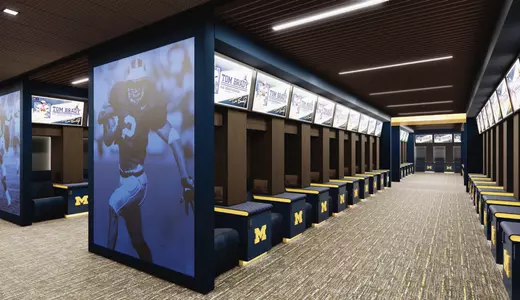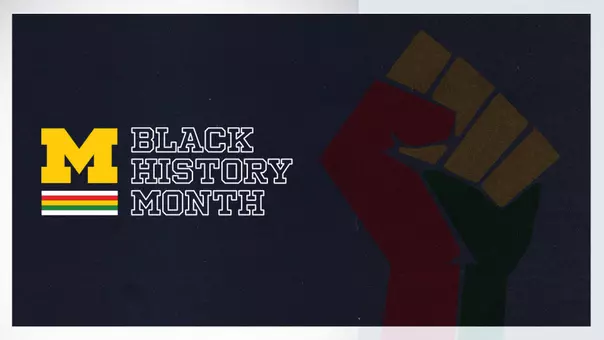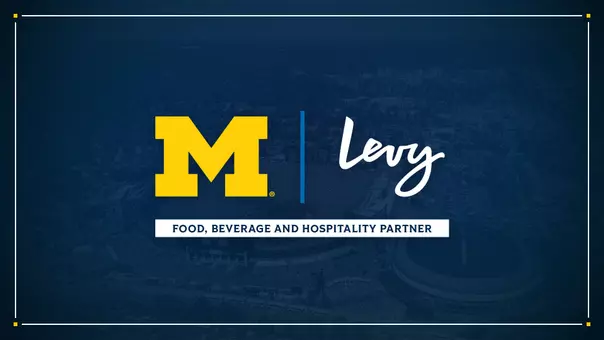
University of Michigan Board of Regents Approve Three Athletics-Related Actions
10/19/2023 5:00:00 PM | General
Ann Arbor, Mich. -- The University of Michigan Board of Regents approved three action items related to the Athletic Department Thursday (October 19) at its October meeting at the Riverfront Center in Flint, Michigan.
Among the items approved by the Board are two locker room renovation projects that will be entirely funded through Athletic Department Gifts:
Schembechler Hall Locker Room Renovations
The Board of Regents approved the renovation and expansion of the locker room at Glenn E. Schembechler Hall. Schembechler Hall, which was built in 1990 and renovated in 2009, is where the U-M football team is housed and trains throughout the year.
The project will involve renovating approximately 14,000 gross square feet to create an expanded locker room and make improvements to the locker, shower and team areas. In addition, gender-inclusive locker facilities for student-athletes and staff will be built.
The project is estimated to cost $14 million; funding will be provided by Athletic Department gifts.
Architectural firm Integrated Architecture will handle the design work.
While there will be a temporary loss of some adjacent parking spaces during construction, the project will have no permanent impact on parking. Construction is scheduled to be completed in summer 2024.
Davidson Player Development Center Renovations
The Board of Regents also approved a locker room renovation in the William Davidson Player Development Center, which houses practice and game-day facilities for the men's and women's basketball teams.
The Board approved renovating approximately 11,500 gross square feet to create an expanded locker room and make improvements to the locker, shower, team and support areas. In addition, gender-inclusive locker facilities for student-athletes and staff will be built.
The project includes necessary architectural, electrical and mechanical work. The estimated cost is $10 million; funding will be provided by Athletic Department gifts.
Architectural firm Integrated Architecture will handle the design work.
While there will be a temporary loss of some adjacent parking spaces during construction, the project will have no permanent impact on parking. Construction is expected to be completed in fall 2024. The Davidson Player Development Center was constructed in 2011.

Davidson Player Development Center Renovation Mockup
Alcohol Sales at Campus Events
The University of Michigan is moving forward with plans to apply for liquor licenses that could potentially allow the sale of alcohol at Crisler Center, Michigan Stadium and Yost Ice Arena as early as Jan. 1, 2024.
The Board of Regents voted Oct. 19 to authorize asking the Michigan Liquor Control Commission to issue liquor licenses at the three athletic venues. The board also voted to implement licenses for Crisler and Yost as soon as possible for the current seasons.
Implementation for Michigan Stadium will be voted on at a later date, and after careful consideration and review of data and the experiences at the other two venues.
If approved by the state, alcohol would be available for purchase at U-M intercollegiate sporting events at the three venues, as well as during a small number of non-athletic events each calendar year.
Additionally, the athletic department would be responsible for developing procedures to ensure compliance with state of Michigan laws, Liquor Control Commission rules and regulations, and that all U-M policies related to alcohol are observed.
These policies and procedures include measures to ensure alcohol is not served to anyone under the legal drinking age and that only qualified servers will be used to dispense alcohol.
Gov. Gretchen Whitmer signed a bill in July lifting Michigan's ban on alcohol sales at public university stadiums and sports arenas. The bill, which took effect immediately, allows universities to individually determine if they wish to sell alcohol at home sporting events.
University officials are still considering the various ways to use revenue from the sale of alcohol, if the licenses are approved by the state.










